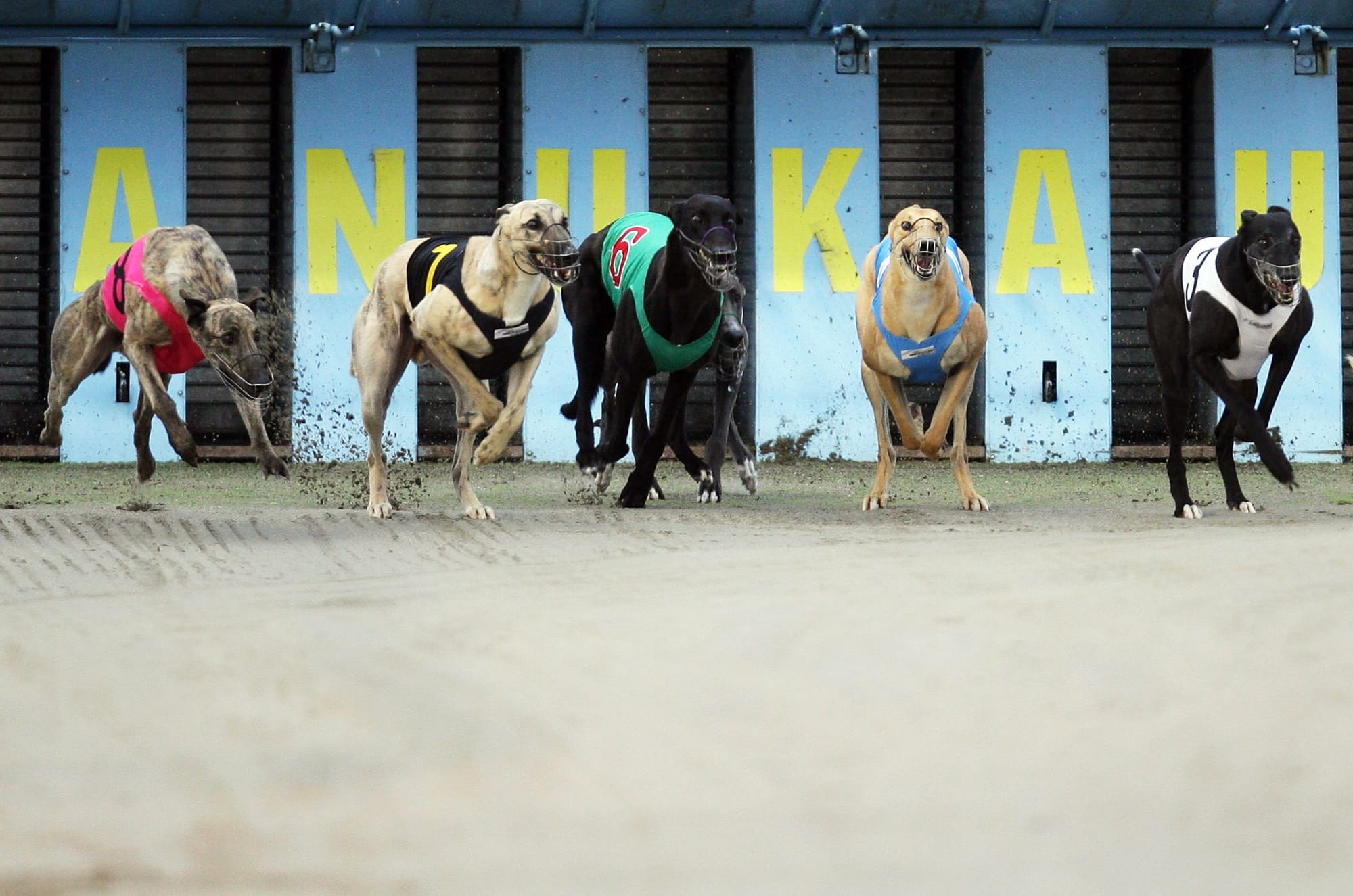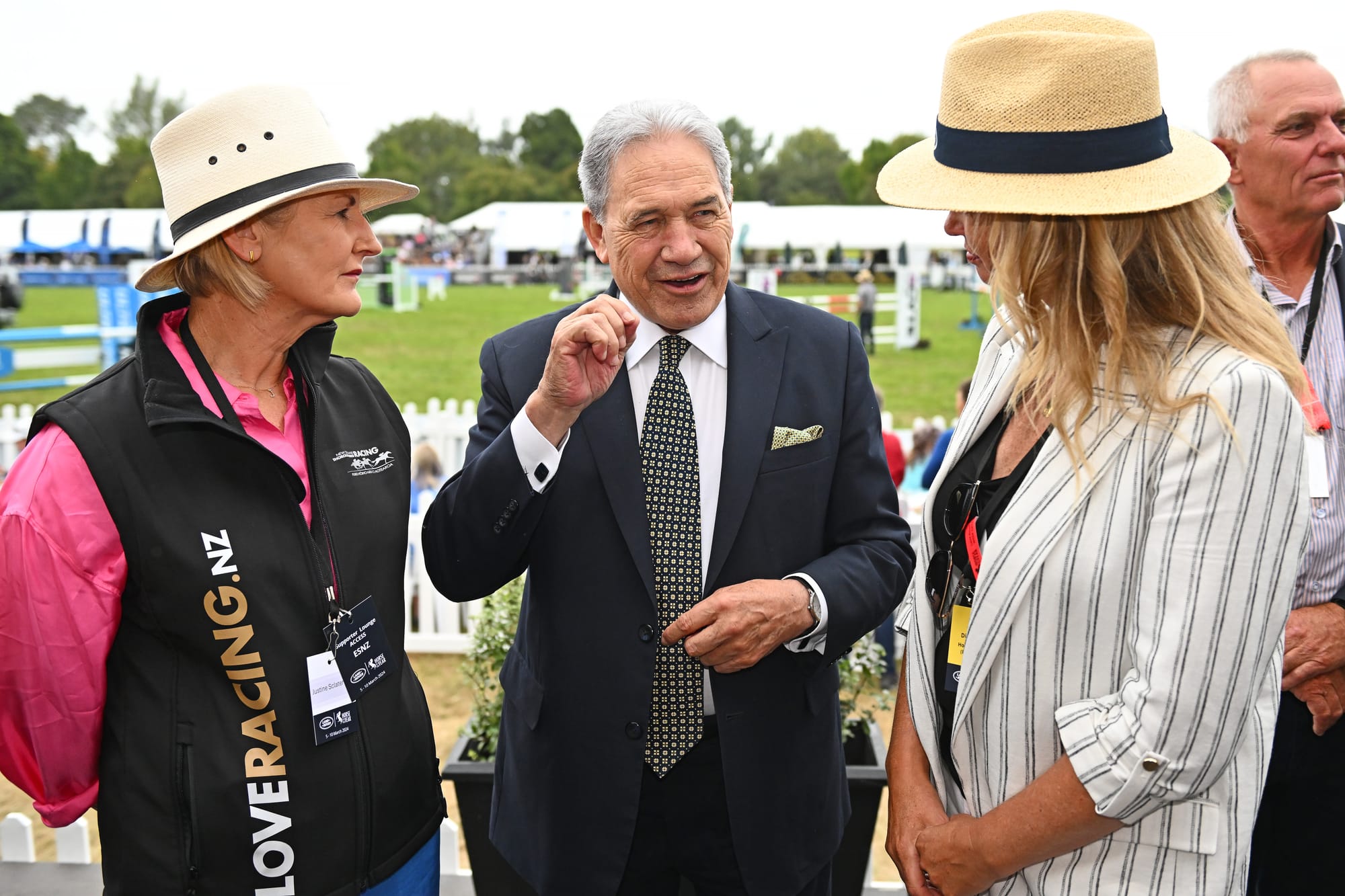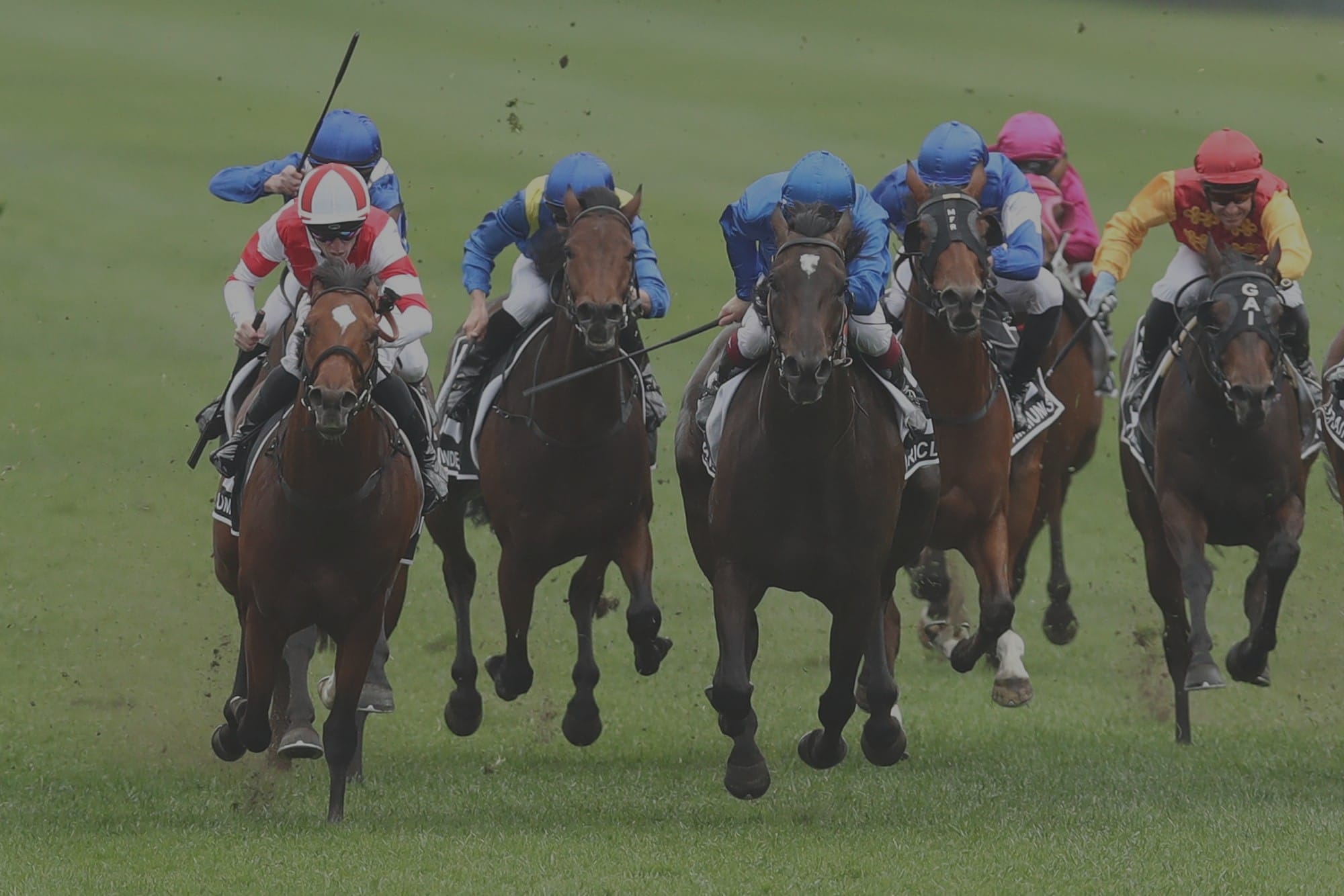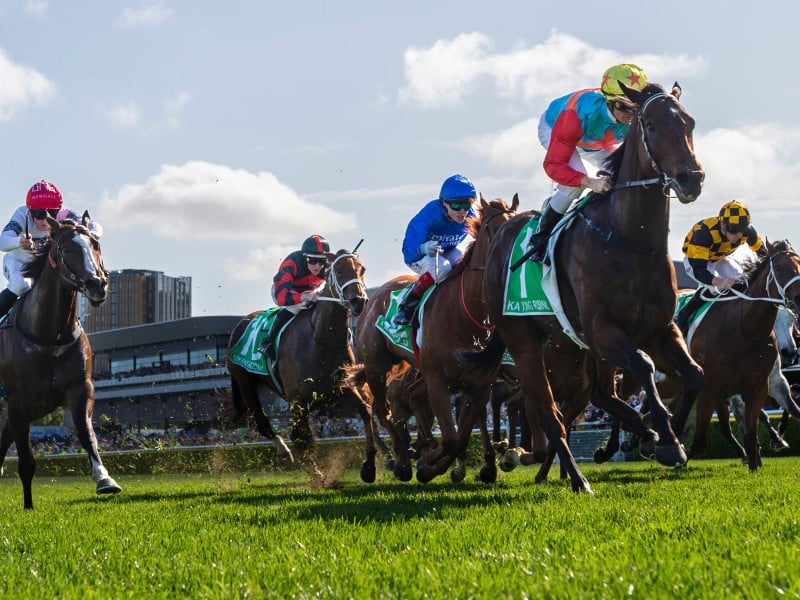‘In the best interest of the animals’ – New Zealand to ban greyhound racing by mid-2026
Greyhound racing is set to be banned in New Zealand by mid-2026, with Racing Minister Winston Peters confirming the decision had been made on welfare grounds.

Peters said a 20-month transition – including rehoming about 2900 racing greyhounds in the country – would be undertaken with legislation to be introduced to formalise the ban.
To prevent any unnecessary killing of racing dogs as the result of the announcement, urgent legislation will also be passed on Tuesday.
“This is not a decision that is taken lightly but is ultimately driven by protecting the welfare of racing dogs,” Peters said.
“Despite significant progress made by the greyhound racing industry in recent years, the percentage of dogs being injured remains persistently high and the time has come to make a call in the best interest of the animals.”
The New Zealand greyhound racing industry has undergone three reviews over the past decade and while Peters said improvements to safety and welfare had been made, it wasn’t sufficient to secure the future of the sport.
“While fewer dogs are dying, injury rates, while down slightly, have plateaued and remain unacceptably high,” Peters said.
“Beginning the process today we are introducing the Racing Industry (Unlawful Destruction of Specified Greyhounds) Amendment Bill which will be passed under urgency to prevent the unnecessary killing of racing dogs.
“Further legislation to enable the end to greyhound racing is required. A bill to make the necessary changes to the Racing Industry Act 2020 will be introduced to Parliament in 2025.
“There will be a full select committee process so everyone will have a chance to have their say.”
A three-person advisory committee will manage the wind-down of the sport.
“The committee members are Heather Simpson (chair), Murray Johnson and Lindsay Burton. They will provide advice on ensuring animal welfare, and support for those involved in the industry,” Peters said.

“Keeping unwanted dogs safe is a priority. The government is working with animal welfare organisations to establish programmes to support rehoming.”
GRNZ Chair Sean Hannan described the decision as a “devastating blow” to the industry.
“We are extremely disappointed that the Government has not recognised the work the industry has done to address areas of concern – to the extent that it now leads the wider racing industry with its commitment to animal welfare,” Hannan stated.
“We strongly believe that greyhound racing can continue to be a responsible and sustainable part of New Zealand’s sporting and cultural landscape. We urge the Government to reconsider this decision and engage in meaningful dialogue to explore how the industry can further evolve while maintaining its place in the country’s racing community.”
The decision is likely to have an impact on the nature of the relationship between Entain, which last year signed a long-term deal to operate TAB NZ, and the government.
“As the operators of the TAB and betcha brands, we are in regular conversations with our strategic partner TAB New Zealand about all aspects of our wagering operation in New Zealand,” an Entain Australia and New Zealand spokesperson told The Straight.
“Following this decision, we will now work with TAB NZ and Greyhound Racing New Zealand around the priorities for greyhound racing and what role Entain is required to play.”
Greyhound Racing NZ reported turnover on greyhound racing was NZ$337.7 million in 2023/24.
The ban will also undoubtedly pose questions about greyhound racing’s future in Australia.
Greyhound racing is legal in all Australian states and territories except the ACT, which introduced a ban in 2018.
New South Wales was set to introduce a ban in July 2017, but a political storm erupted, forcing the government of then-Premier Mike Baird to abandon its plans only three months after it was announced in 2016.






